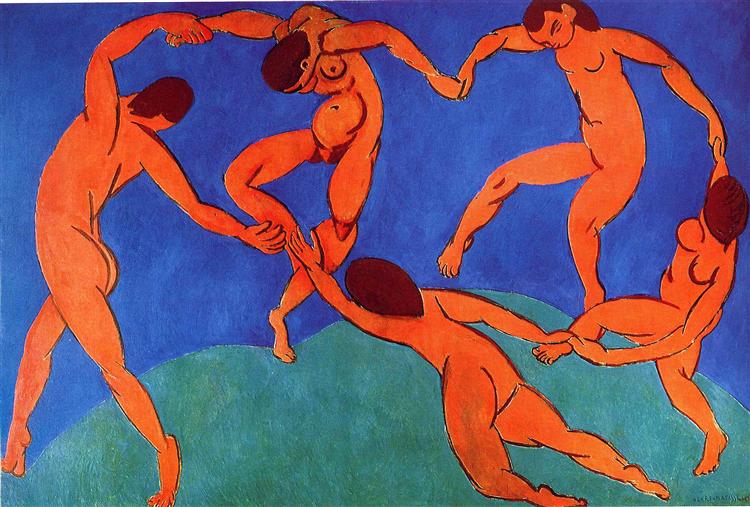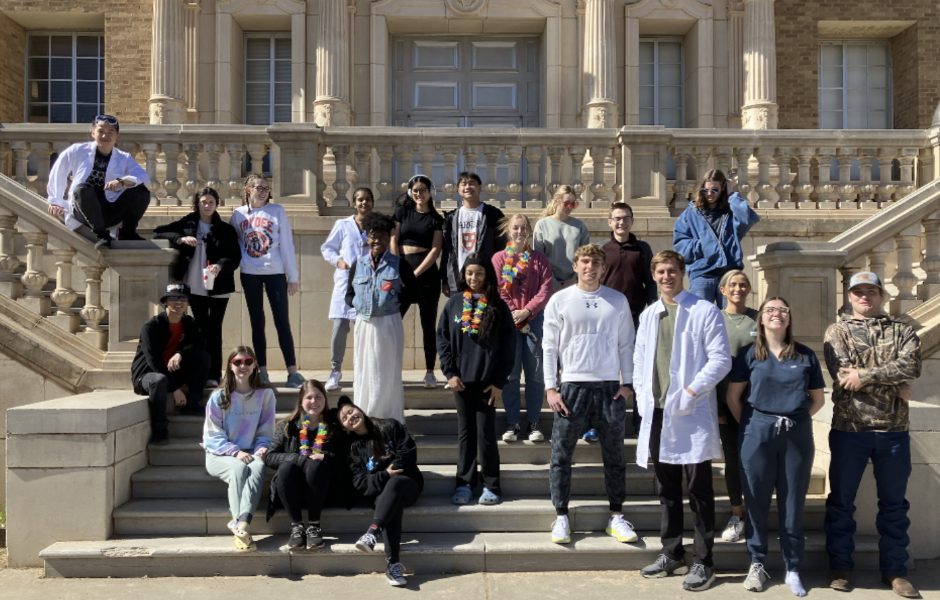
Health Humanities Courses Taught:
- "World Literature and Global Health"
- "Narratives of Illness and Reflective Writing"
- "Scenes from the Clinic" A Medical Humanities Drama Course; see below
Drama Production by the Honors College Medical Humanities Summit Course:
"Scenes from the Clinic"
Tuesday, May 9 at 7:00 in the Escondido Theater at the SUB of the TTU Lubbock Campus
The scenes aim to explore some of the following topics: treating those suffering from mental illnesses, cognitive decline, and substance abuse, as well as how clinicians navigate through compassion fatigue and psychic numbing, among other issues.
Cast of characters below.

TEXAS TECH UNIVERSITY
Honors College Presents:
"SCENES FROM THE CLINIC"
A THEATRICAL PRODUCTION FROM A
MEDICAL HUMANITIES SENIOR
SUMMIT HONORS COURSE
MAY 9, 2023, 7-9 PM
ESCONDIDO THEATER
Scenes from the Clinic
“Welcome to the Shit Show”
Brianna Burzynski, Anh Nguyen, Meghan Reed, & Tyler Wood
“Voices in My Head”
Jennifer Agu, Hoang Ho, Rilee Keane, Nicole Lacascio, & Aleeza Mason
“Patience:
A Skit in Three Appointments”
Hannah Cowgill, Brenna Gregory, Heath Hamptom, & Bindka Patel
“Selective Hearing”
Micaela Austria, Chandler Culberth, Jolie Dover, Rilee Keane, & Max Rowley
“Insured vs. Uninsured”
Mason Byrd, Daniel Hsia, Bailee Newham, & Maddie Spano
Director: Dr. Suzanne LaLonde
Thank you, students, for being so open-minded about venturing outside the “comfort zone” of Bio-Chem and P-Chem and for writing your skits, performing on stage, and being thoughtful young adults. The medical field will be enriched not only by your intellectual acuity but also by your emotional insights and human warmth. Dr. LaLonde
Our Medical Humanities course, centering on drama and the emotional experiences of patients and clinicians, was motivated by insights such as these:
o “To write prescriptions is easy, but to come to an understanding with people is hard” (Franz Kafka)
o Oncologist Siddhartha Mukherjee points out that his medical education taught him “plenty of facts, but little about spaces between facts” (Laws of Medicine).
o Neurologist Oliver Sacks shares the impression of fluid boundaries between case studies of diseases and imaginative interpretations of illnesses: “The study of disease, for the physician, demands the study of identity, the inner worlds that patients, under the spur of illness, create” (An Anthropologist on Mars).
o As was stressed throughout the semester, clinicians who are emotionally connected to their patients have a placebo effect.
o And, finally, students have relied on medical research published on PUBMED and plays from Sophocles to Shakespeare to craft their skits.
Thanks to the College of Liberal Arts and the Honors College for its financial support.